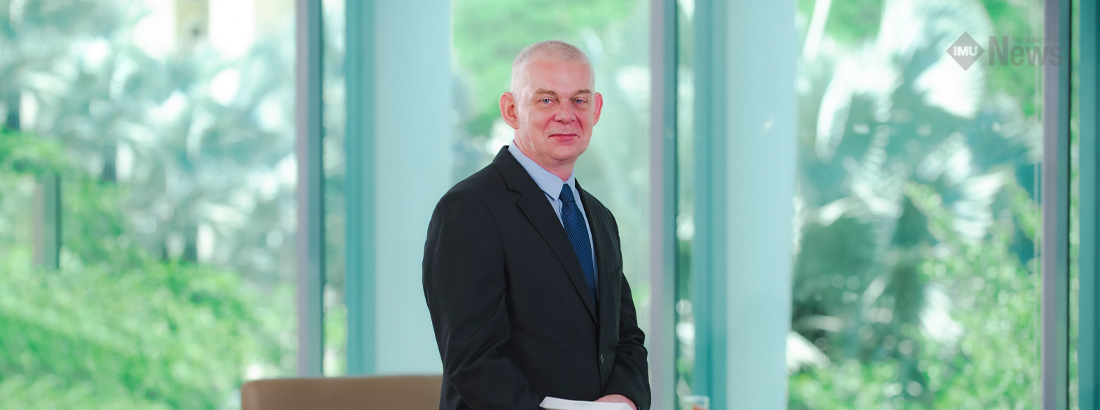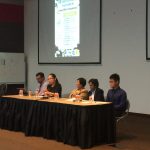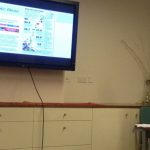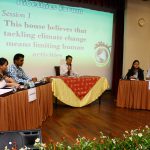Dr James Walsh (in the photo above), Director, Centre for Pre-University, is one of the speakers for this webinar.
Malaysia is a melting pot of different cultures, customs, and religions. As such, our healthcare professionals require a sense of cultural awareness and sensitivity when treating their patients. Are our healthcare professionals culturally sensitive enough? To find out more about this, the Centre for Bioethics and Humanities (CBH) invited Dr Sasikala Devi Amirthalingam from the Department of Family Medicine and Dr James Walsh from the Centre for Pre-University Studies at International Medical University (IMU) to shed some light on “The Role of Culture in Medicine and Healthcare Profession”. Before anything, we must first understand what cultural sensitivity is. According to Dr Sasikala (in the photo below), cultural sensitivity requires an awareness of the cultural differences and similarities that exist between people without assigning them a value.
In the healthcare profession, being culturally sensitive is extremely crucial as it helps healthcare providers to reach out to a more diverse group of people and provide care using the non-bias approach. This can promote quality and beneficial services as it trains healthcare providers to be more open to unfamiliar attitudes, practices, or behaviours.
To illustrate, Dr Sasikala pointed out some of the beliefs from the different cultures in Malaysia regarding certain illnesses, pregnancy, and the postpartum phase. She also highlighted a few cultural competence models to improve cultural competencies and reduce health disparities. The final part of the webinar details a talk by Dr James on the topic of disease prevention in a developing culture. This topic was close to Dr James’s heart as it reminded him of his father, Dr Walsh, who used to be one of the important figures who fought for public health service in Ireland. On this note, he spoke about the challenges faced by both the northern and southern Ireland in terms of improving the public healthcare system. He recounted that it was not an easy feat for Ireland as the country had to fight against deadly diseases like MMR, meningitis, Lassa fever and AIDS. On top of that, the strong influence of the Church during the AIDS outbreak made things even more difficult for the country as it struggled to manage the crisis. Nevertheless, with all the challenges faced throughout the years, Ireland was better prepared when the Covid-19 pandemic hit. All in all, the points shared by the speakers serve as a reminder that everyone holds different beliefs and thus should be treated with respect despite their differences. To this end, cultural sensitivity and awareness should be practised in the healthcare field as it will not only benefit the healthcare providers but also the patients. For more information contact us at [email protected] or visit us at https://www.facebook.com/IMUBioethicsHumanities.
Written by Dr Thulasimani Munohsamy, Lecturer, Centre for Bioethics and Humanities










